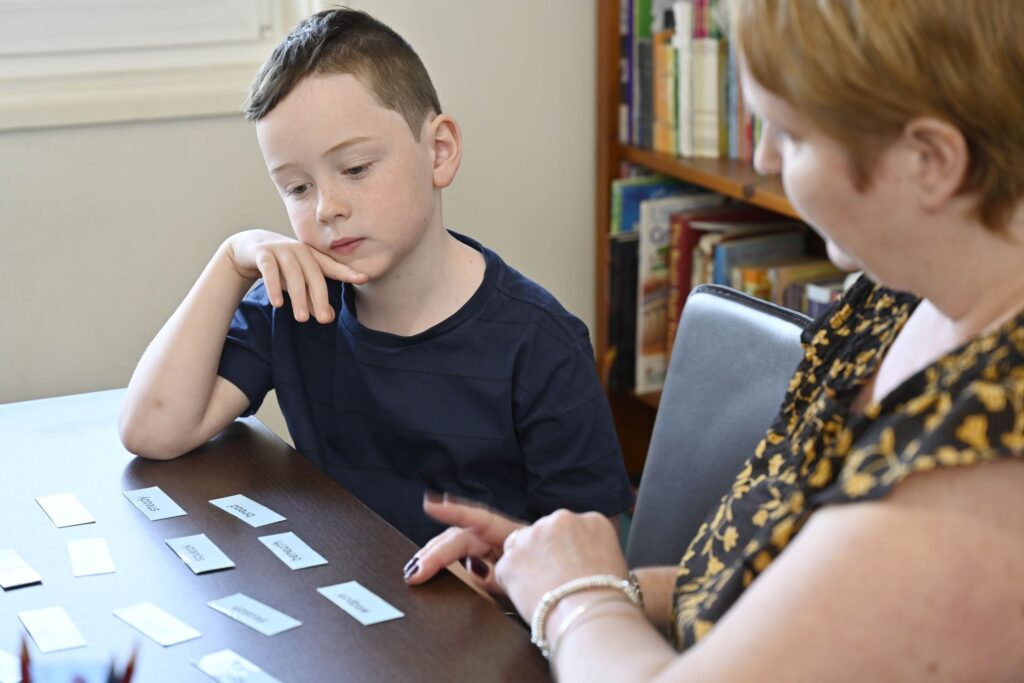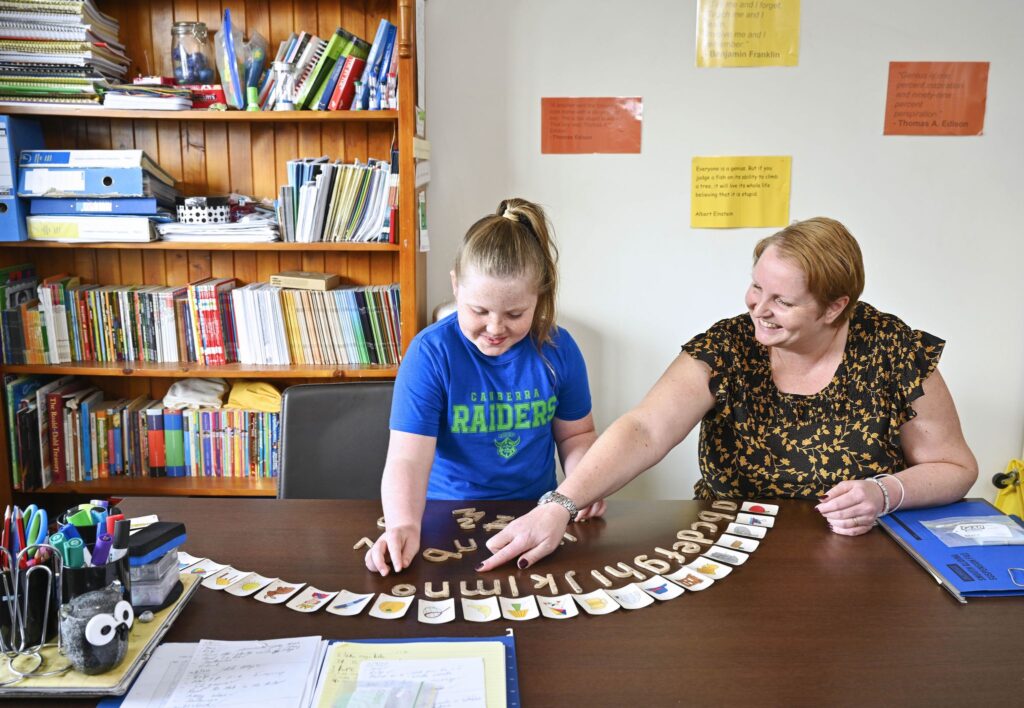
Dyslexia is not a disease, rather a Specific Learning Difficulty. This means that there is no cure. With carefully planned intervention and support, individuals with dyslexia can be successful in performing their everyday tasks and excel in their learning. Teaching that incorporates Multisensory Structured Language techniques to draw upon their strengths and weaknesses, are considered best practice for ALL individuals, including those with Dyslexia.
Each case of Dyslexia is confirmed using a thorough assessment that looks at the strengths and weaknesses of an individual. Assessments examine many aspects of a learning profile but must include tests of achievement, auditory memory skills and phonological processing skills.
Dyslexia is a specific learning difficulty that is often characterised by weaknesses with accurate, fluent reading, decoding skills and spelling. However, due to the underlying causes of Dyslexia, it also affects many other areas including organisation, sequencing and handwriting.
Reading and writing requires a number of complex skills including hearing the sounds in the words, matching sounds to letters, storing and retrieving words accurately, making sense of language and sequencing the sounds in words.
In order to gain fluent reading and writing skills, automaticity is important. Fluent readers automatically recall words quickly and accurately – their eyes flow over the page. Spelling is the opposite process but good spellers automatically recall letters in words – it just comes out the end of the pen.
Individuals with dyslexia struggle to make the automatic links between sounds and letter patterns. They have to be taught explicitly and thoroughly the rules of the English language – which are complex but not impossible. Without explicit instruction those with dyslexia often struggle to develop accurate decoding skills leading to slow and disjointed reading. This makes reading very effortful and is often why they tire quickly when completing reading or writing tasks.
Weaknesses with auditory sequential memory skills are also common. This makes retaining verbal information challenging which impacts on the ability to remember what they have read affecting comprehension. However, comprehension skills are not usually a weakness. It is the slow reading that prevents individuals from remembering what they have read. It can also affect handwriting, sentence construction, performance of everyday tasks and planning skills for written work
Reading experts have different theories as to why Dyslexia occurs. However, decades of research prove that MSL techniques using a structured, explicit, cumulative, phonics based approach is the best way for ALL individuals to learn literacy skills.


Dyslexia affects approximately 5-10% percent of the population, prevalent within males and females almost equally. Dyslexia often has a high occurrence with other specific learning and behavioural difficulties such as Dyspraxia, ADHD and Sensory Integration Difficulties.
Initial expressions of concern arise due to unexpected difficulty with reading and writing, where the individual can verbally express themself, but they are unable to understand the written word.
A few common difficulties individuals will experience is:

Early Indicators
School Age Indicators
Adolescents & Adults


Dyslexia NSW 2020 | All Rights Reserved
Designed By Local Edge Marketing